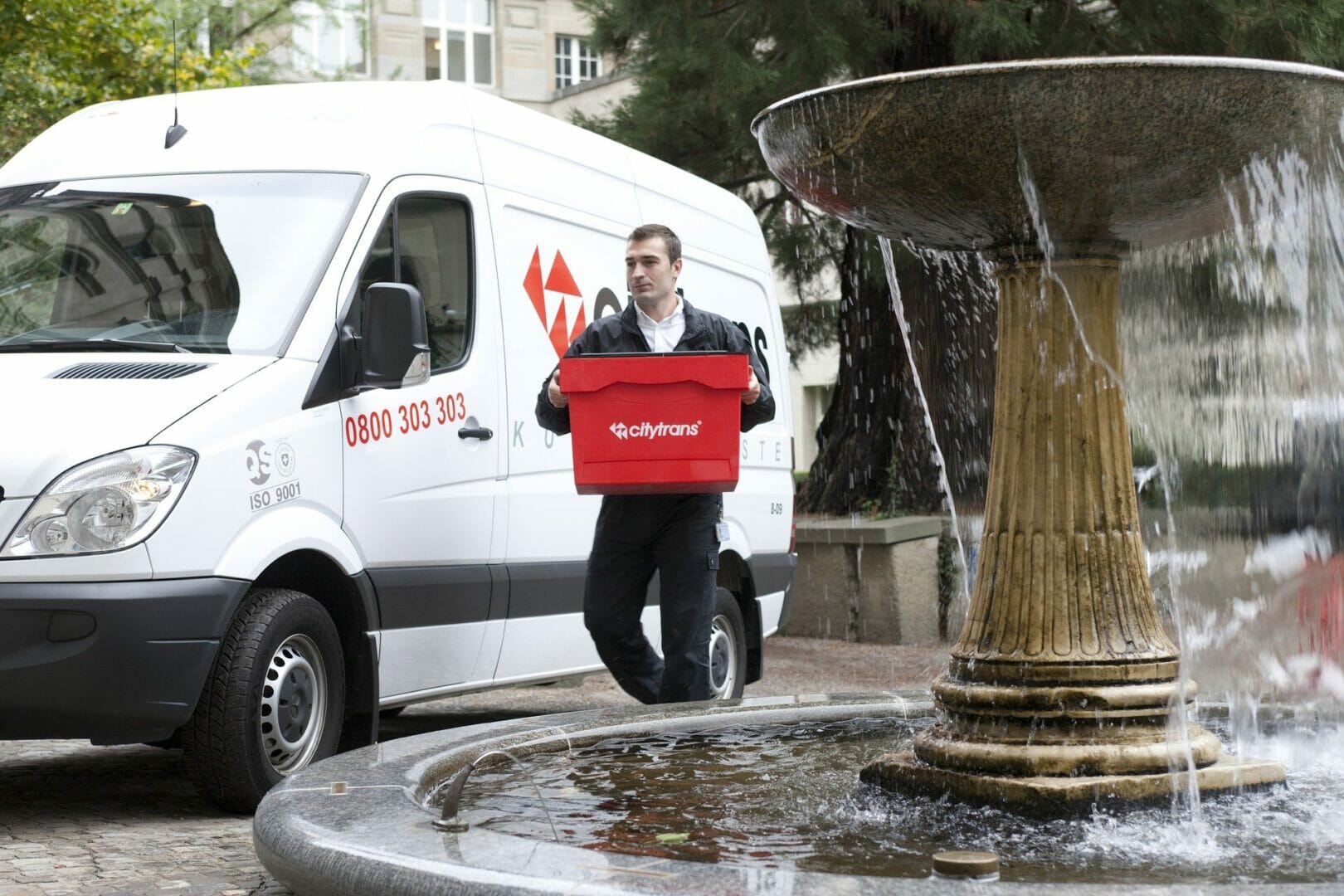Online deliveries – is there anything more convenient? You browse through endless options, click on the product that tickles your fancy, and wait for it to arrive from the comfort of your settee.
There is no hiding that this practice has surged over the last 18 months or so, incentivised by lockdowns and unsettling times. From food shopping to wardrobe makeovers, customers have been placing their orders and waiting for the delivery man to knock on their front door. However, there are growing concerns over the impact this has on our environment. So, it’s time to rethink the way in which retailers cater to such high delivery demands.
As our planet finds itself under severe pressure, governments have adhered to the so-called Net Zero Emissions Race. The goal is to drastically bring down the release of toxic gases into the atmosphere. The UK, specifically, has committed to a legally binding net-zero target which needs to be achieved by 2050. It is safe to say that, with the increased use of online delivery services, retailers have a significant part to play in helping the country meet its aim.
With this in mind, we take a look at how retail deliveries can become more eco-friendly and sustainable.
Transport issues
It is no secret that it takes some sort of vehicle to drop off a parcel on our doorstep. If you have ordered your weekly shop, a pair of new jeans, and a tasty Chinese takeaway, it is very likely that at least three different vehicles have hit the road and stopped outside your house in one day.
Unfortunately, regular home deliveries do our environment no favours whatsoever. This becomes particularly unsettling when realising that transport holds the unenviable reputation of being Britain’s largest emitting sector of greenhouse gases. As a result, the UK government has already set out plans to decarbonise the transport system. From 2030, for instance, petrol and diesel vehicles can no longer be sold. By 2035, instead, all cars and vans on UK roads will have to put out zero emissions.
As things stand, though, retail deliveries can have a significant, negative impact on everyone’s carbon footprint. This is especially true in multi-item orders. In fact, two products that are shipped separately will generate 35% more emissions than if they were delivered together.
To eradicate the problem from the outset, switching to electric vehicles would massively nullify gas emissions. Yes, buying a fleet of electric delivery vans may seem a costly and inaccessible solution. But the reality is that there are affordable van leasing deals in the UK that would help businesses kickstart their eco-friendly deliveries in an efficient, cost-effective manner.
You will be glad to hear, moreover, that this is not the only sustainable option. What else can be done?
Decrease trips
As already mentioned, delivering products separately certainly doesn’t help the environment. It would be wise, instead, to limit the number of trips to a customer’s house and substantially cut down on emissions. An effective way to ditch those multiple delivery journeys is to combine as many orders as possible. It is important to plan your itinerary carefully, organising routes to minimise mileage.
Limit returns
One of the perks of online shopping is that many retailers offer return services. Most of the time, clients can benefit from this option free of charge. This is surely an excellent strategy to encourage customers to buy multiple items at once. While retailers may find it to be good business, in truth, it’s no bed of roses.
In fact, a study suggests that 30% of web shoppers purposely over-order and later send back items they are not particularly keen on. Apart from affecting the finances of the retailer, extensive returns are highly detrimental to the planet. To limit the number of avoidable return trips, retailers may want to consider eliminating free return options. This way, customers will be more inclined to think twice before ordering products they don’t really like, want, or need.
Another way to help reduce the high rate of returns could be to enhance product descriptions on businesses’ websites. With extensive information about the item and good-quality pictures, clients will be able to make more conscious decisions – and, consequently, fewer reckless orders.
Reduce packaging
As the saying goes, “good things come in small packages”. Why wrap a mug inside a parcel that could easily fit a cutlery set? Not only does it occupy unnecessary room in the back of the van, but it also has a negative effect on the environment – especially if it is not recyclable.
Moreover, reusable packaging is incredibly useful. To make return services more sustainable, reusable boxes allow customers to send products back inside their original parcel – which, in turn, can be repurposed by the retailer for another delivery.
Finally, plastic packaging is widely used for deliveries. A fundamental way to becoming more eco-friendly is to ditch plastic containers and resort to recycled cardboard parcels boxes instead. These can then be recycled or used for storage.
As the UK works hard to reach the all-important net-zero goal, we are all called to play our part in safeguarding the environment. With an astounding rise in online deliveries, retailers will have to tweak their plans of action to become more sustainable.



